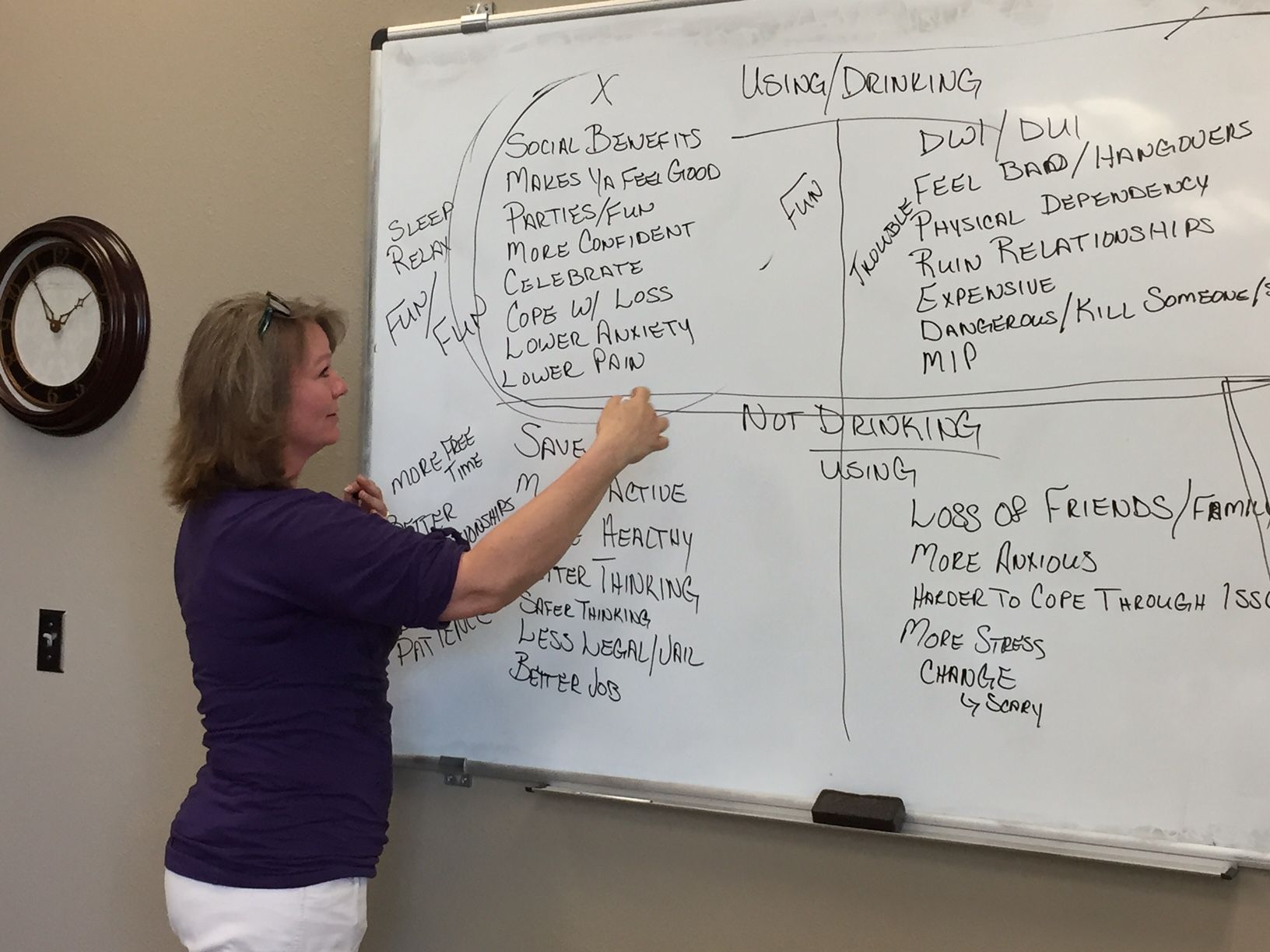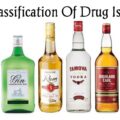
Addiction to drugs and alcohol affects millions of people nationwide. Excessive substance abuse affects many parts of the body, but the organ most impacted is the brain. When a person consumes a substance such as drugs or alcohol, their brain produces large amounts of dopamine, which triggers the brain’s reward system.
After repeated drug use, the brain is unable to produce normal amounts of dopamine on its own. This means that a person will struggle to find enjoyment in pleasurable activities – like spending time with friends or family – when they are not under the influence of drugs or alcohol.
What is a drug and alcohol class?
Alcohol and drug classes are programs aimed to delay or prevent people from starting to use alcohol and other drugs. For people who are already using alcohol and other drugs, education programs aim to provide factual information about the harms of alcohol and other drugs and help participants to use them in less risky ways.
Alcohol and other drug education programs for school children aim to help them to make good decisions for themselves, while recognizing the realities and challenges of young people’s lives. Adult alcohol and other drug education programs promote responsible drinking behavior and teach people about the risks of certain drugs. Education programs can also be tailored to specific population groups, places or communities. While many participants take drug and alcohol awareness classes for personal reasons, most people take this course to fulfill an occupational or legal requirement.
Those who are required to take these classes include adults and juveniles who have received tickets for:
- Open container violations
- Illegal possession or consumption of alcohol
- Public intoxication
- Marijuana charges
- Minor in possession
- Fake ID’s
- Related alcohol or drug offenses
What are the types of alcohol and drug classes available?
There are 2 types of alcohol and drug classes; on site and online alcohol and other drug education programs. These alcohol and drug classes are usually anchored by a licensed mental health psychologist or psychotherapist.
How long does an alcohol and drug class last?
The duration and frequency of alcohol and drug classes vary widely and depends on the underlying reason for the class. A drug and alcohol class can be willingly entered into or ordered by a court or judicial panel. When ordered by a court, the length also varies from probation department to probation department. Generally a probation officer will usually let you know how many meetings you need to attend, and how long each meeting is, and where they are held.
It is imperative for individuals undergoing these forced classes to strictly follow all the terms and conditions of your probation, to preserve your criminal record.
Are there any tests I will need to take?
Usually drug and alcohol awareness class does not require that you complete any tests or evaluations in order to receive your certificate of completion. You will, however, be given the option to complete a no-fail test at the end of your course. This test is offered for a nominal fee and allows us to indicate on your certificate of completion that you have successfully passed a knowledge assessment in addition to meeting the course requirements. SEE: Drug and Alcohol Evaluation What To Expect
How much does a drug and alcohol class cost?
The price of alcohol and drug classes ranges from $25 dollars to as high as $600 depending on the type, state and duration. When the number of sessions ordered by a court are high it leads to a considerable increase in the total amount charged although some licensed organizations offer specific discounts to clients.
Beyond the drug and alcohol classes, the cost of addiction treatment varies between each center. Some programs are free while some cost thousands of dollars a day. No matter your budget, there is a center for you. The opportunity to heal is accessible to anyone if they know what resources can help them. There are also people who can help you find a way to pay for treatment as soon as possible.
Most rehabs offer financial aid, accept insurance or have financing options. Insurance is one of the most common ways of paying for rehab. The amount insurance covers depends on the insurer and what the health provider accepts.
Not everyone has insurance, but there are still ways to get the help you or a loved one deserves. One way is to look for a free or low-income center. The other is to look into programs that offer financing options. Financing is often a better choice because free rehabs often have limited funding and waiting lists. Many inpatient rehabs offer financing options for those without insurance.
Some people may be anxious to take on debt, but it’s important to view addiction rehab as an investment. Over time it pays off. Getting sober gives people the tools to get their life and career on track. Recovered addicts are also able to save more because they aren’t spending on drugs or alcohol.




